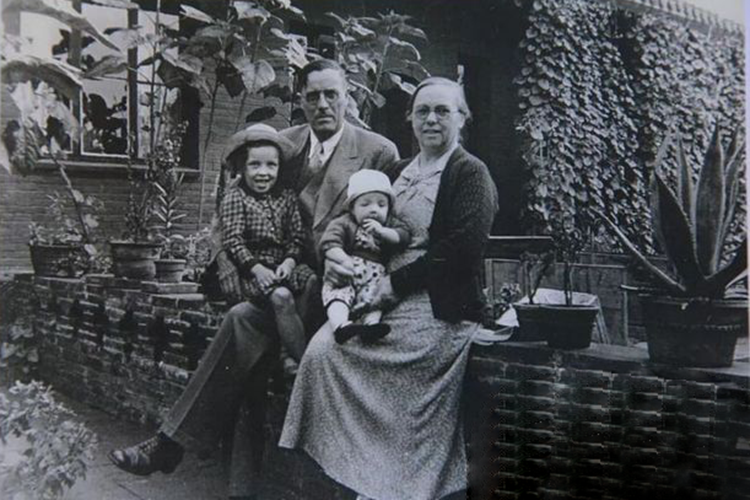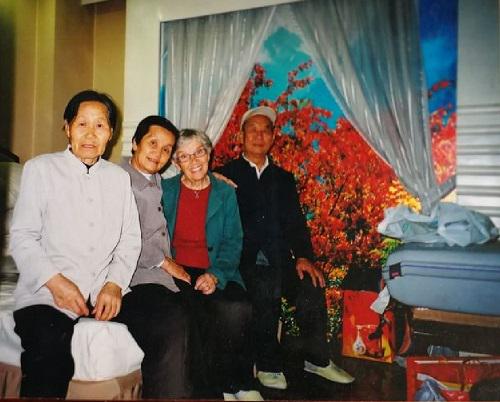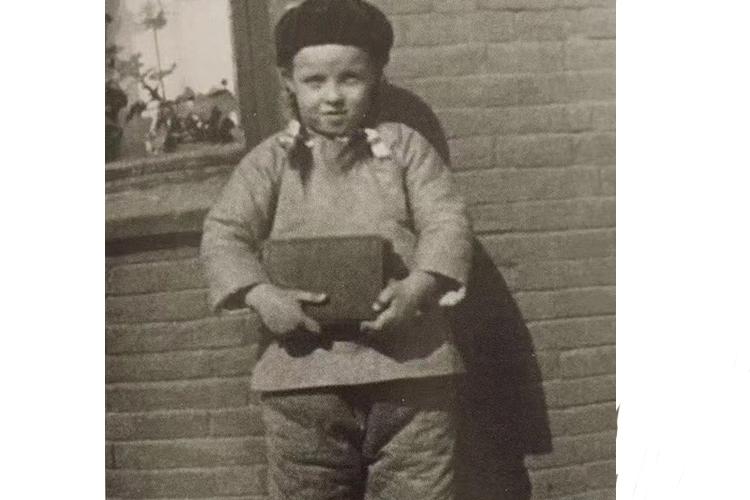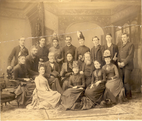A descendant of Swedish missionaries paid five visits to the place of her birth and childhood in north China’s Shanxi Province.
Hannah Wang, the daughter of a Swedish pastor, was born in 1933 in Wuzhai County, Xinzhou City. She left there and returned to Sweden at the age of 13. More than 70 years later, she still remembers the dialect, food, proverbs, and playmates of Wuzhai. In a video, she once said in the Wuzhai dialect, "I am not Chinese, but in my heart, I am still from Wuzhai, the place where I was born and loved."
In the 1920s and 1930s, a foreign pastor couple, Hannah's parents, traveled thousands of kilometers to the impoverished and backward Wuzhai County. They spent more than ten years eating local food, speaking the local language, singing local folk songs, running schools, and treating patients. They also followed the customs and habits of the local people and supported the Anti-Japanese War. It was recorded that the gospel was introduced into Wuzhai County in 1920 by the Swedish Holiness Union, and there was a mission area with 15 believers. Foreign missionaries did not choose to live a luxurious life, buy real estate, or save gold and silver; they passed on God's love to every child and every corner of the country. In 1947, after returning to Sweden, Hannah’s father wrote a memoir of his experience in China.
Hannah tried to return to China in 1983, borrowing money from a bank and bringing her family to Taiyuan after many twists and turns. But she was told that she could not go to Wuzhai because foreigners were not allowed to visit ordinary counties or towns at that time. After a short stay in a few big cities, she could only return to her country without success. It was not until 1995 that she came back to Wuzhai for the first time. Although she was only allowed to stay for four hours, she finally met her childhood friends there and even brought a small bag of soil back to Sweden. Since then, she has returned to Wuzhai five times to visit her second hometown, which she has always dreamed of. In September 2005, Hannah, then 72, went to Wuzhai to look for her close childhood friends. When communicating with her two former girlfriends, she insisted on communicating in the Wuzhai dialect, which she could understand. In 2018, due to her advanced age, she entrusted a Sino-Swiss cultural ambassador to come to Wuzhai to bring her greetings to Wuzhai friends and record a video.
Hannah's former residence is still standing. In 1999, the four houses that originally belonged to the church were returned to Wuzhai Church for use after the coordination of the county party committee and the county government.
(This article is originally published by the Gospel Times and refers to an article from the account of "Suddenly Look Back" in the App of "Meipian".)
- Translated by Abigail Wu














